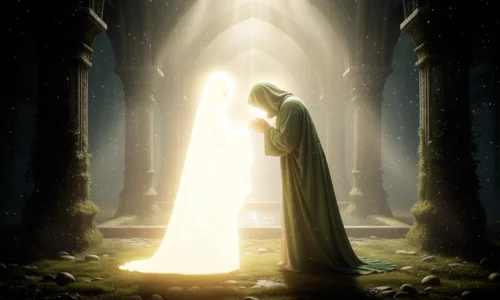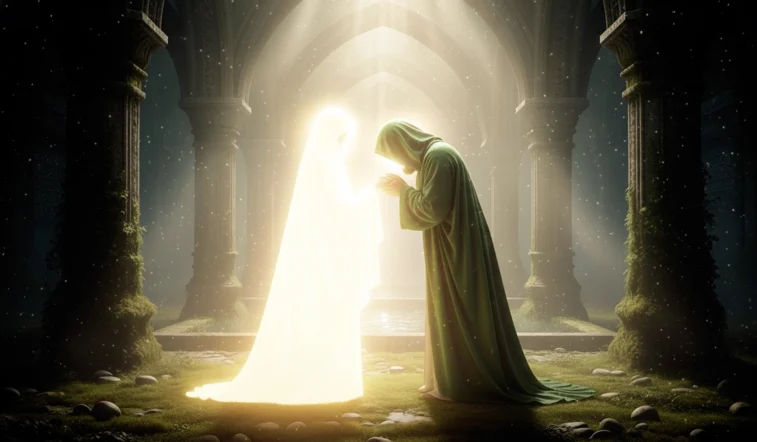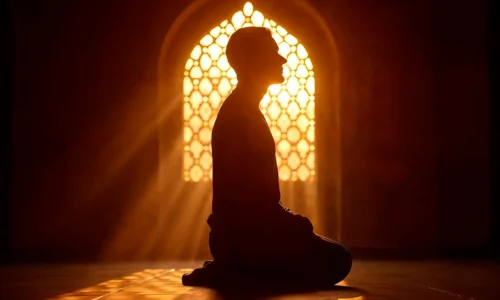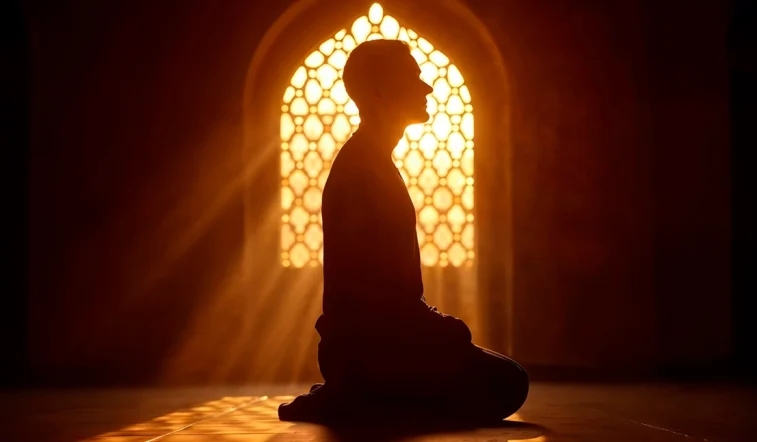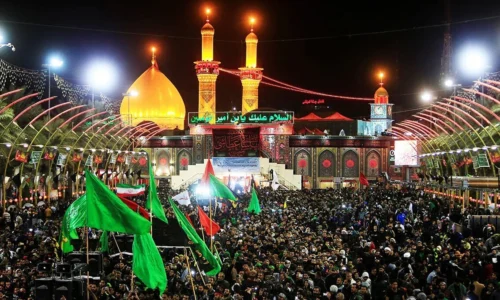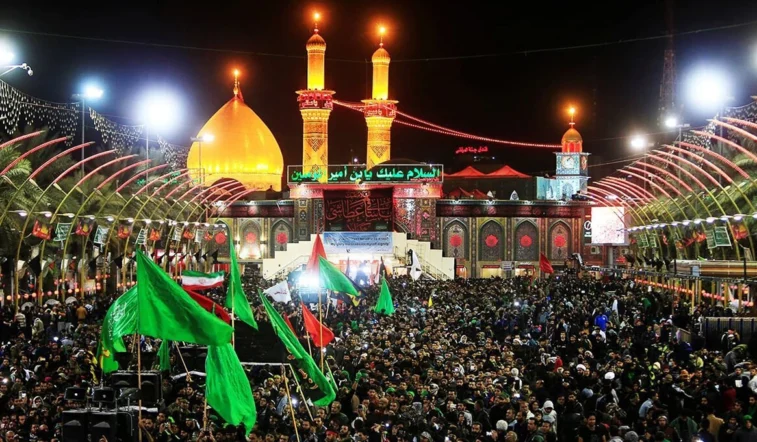The awaited return of Imam al-Mahdi (peace be upon him) heralds a transformative era in human history — one marked by justice, peace, and divine governance. Among the critical questions many ask is: How will law and order function under Mahdi’s rule? What kind of legal system will be implemented, and how will it differ from the flawed systems we experience today?
This article explores the foundations, mechanisms, and spirit of law and order during the Mahdi’s government, based on authentic Islamic teachings and scholarly insights.
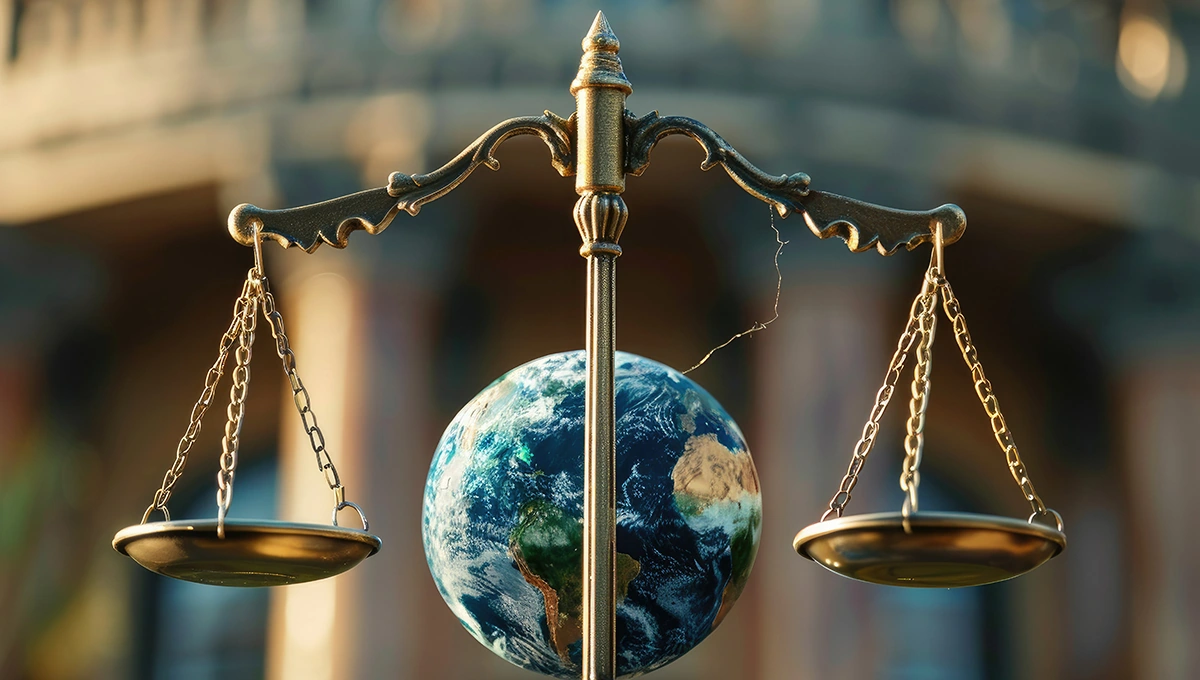
The Foundation: Divine Justice as the Supreme Law
The legal system under Imam Mahdi will be based entirely on Shari’ah (Islamic divine law), interpreted according to the pure teachings of the Qur’an and the Prophet Muhammad (peace be upon him), as understood through the guidance of the Ahlulbayt (the family of the Prophet).
“The Mahdi will fill the Earth with justice and fairness as it was filled with oppression and tyranny.”
~The Prophet Muhammad (PBUH)
Unlike human-made laws that are often arbitrary, self-serving, or politically motivated, the Mahdi’s laws will be universal, fair, and timeless — designed to protect rights, preserve dignity, and maintain harmony.
Key Characteristics of Law and Order Under Mahdi
1. Absolute Justice and Fairness
The hallmark of Mahdi’s rule will be absolute justice. Courts will be free from bribery, nepotism, and corruption. The oppressed will find swift relief, and the powerful will be held accountable regardless of status.
“Justice is the foundation of the state. Without it, power becomes tyranny.”
~Imam Ali (AS)
Judges appointed by the Mahdi will be known for their piety, knowledge, and integrity. Their decisions will be based on truth, evidence, and divine guidance, not on personal gain or external pressures.
2. Swift and Transparent Justice
One of the reasons for the collapse of many societies today is delayed or inaccessible justice. Under the Mahdi’s governance, legal proceedings will be fast, clear, and accessible to all.
- Trials will not drag on endlessly.
- The innocent will be quickly acquitted; the guilty swiftly punished.
- Public accountability will be the norm, ensuring confidence in the system.
This rapid justice will deter crime and oppression, fostering a sense of safety in society.
3. Restorative Rather Than Vengeful Justice
While the Mahdi’s laws will enforce punishments for wrongdoing, the spirit of his rule is mercy and reform. The goal is to rehabilitate wrongdoers, restore rights, and heal society, rather than to exact revenge.
“The best of people are those who are most beneficial to others.”
~The Prophet (PBUH)
Criminal justice will focus on protecting society while encouraging repentance and positive change.
4. Protection of Human Rights and Dignity
Under Mahdi’s rule, every human being’s dignity will be sacred and inviolable. Laws will protect the rights of:
- The poor and marginalized
- Women and children
- Minorities and non-Muslims
- Travelers and strangers
Discrimination, exploitation, and abuse will be rooted out. Social justice will be a core principle, reflected in laws and governance.
5. Elimination of Corruption and Tyranny
Imam Mahdi’s government will not tolerate any form of corruption, nepotism, or tyranny.
Narrations say the Mahdi will confront rulers and elites who hoard wealth or oppress people, replacing them with trustworthy governors and administrators.
Transparency and accountability will be enforced at every level, from local officials to national leaders.
Law Enforcement: The Role of Police and Military
The Mahdi’s government will maintain law and order through honest, disciplined forces loyal only to justice and the Imam’s leadership.
- Law enforcement officers will be trained in ethics, fairness, and respect.
- Use of force will be minimal and only to protect the innocent or maintain peace.
- Abuse of power will be punished severely, serving as a deterrent.
The army and police will be a protective shield for the people, not an instrument of oppression.
Judicial Structure: Decentralized but Unified
While the Mahdi’s government will have a central judicial authority, local courts will be established to handle community issues promptly.
- Judges will be appointed based on merit and knowledge.
- There will be mechanisms for appeals and reviews to ensure fairness.
- Disputes between nations or regions will be resolved through arbitration based on divine law.
The Role of Imam Mahdi Himself
As the divinely guided leader, Imam Mahdi will serve as the supreme judicial authority.
- His rulings will set precedents and clarify complex issues.
- People will seek his guidance in difficult or unprecedented cases.
- His presence alone will inspire justice and deter crime.
The Elimination of Falsehood and Oppression
The Mahdi’s rule will also see the end of:
- False religions and corrupt sects that promote injustice
- Propaganda and misinformation that distort truth
- Systems that perpetuate poverty and inequality
Truth will be the foundation of all laws and governance.
Final Reflection: A Model for Humanity
The law and order system under Imam Mahdi will be a model for all humanity, transcending cultures and nations. It will show that justice is not just an ideal — it is achievable when guided by divine wisdom. This era will restore faith in governance, rebuild trust between rulers and the ruled, and create a society where peace, safety, and dignity prevail for every individual.
